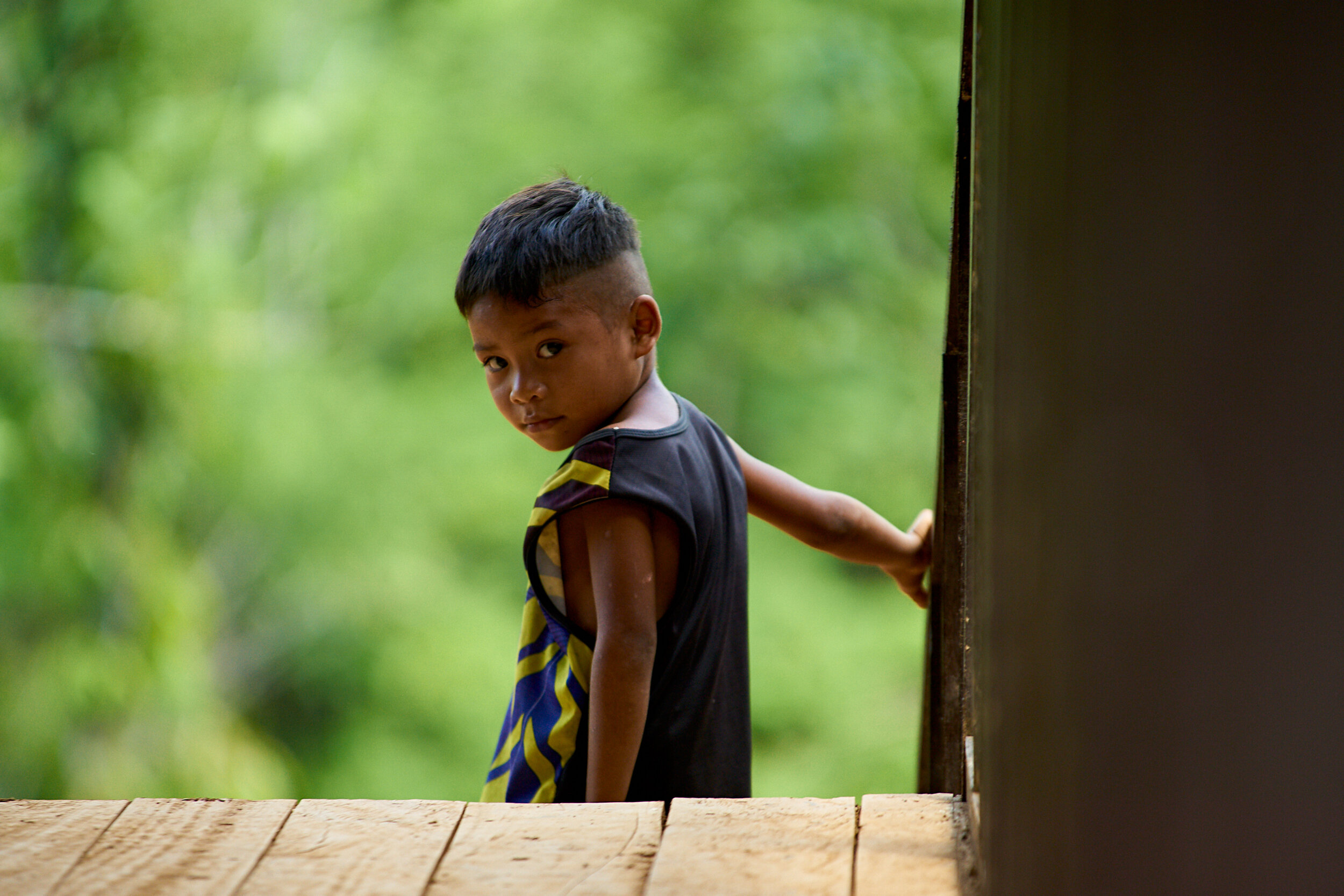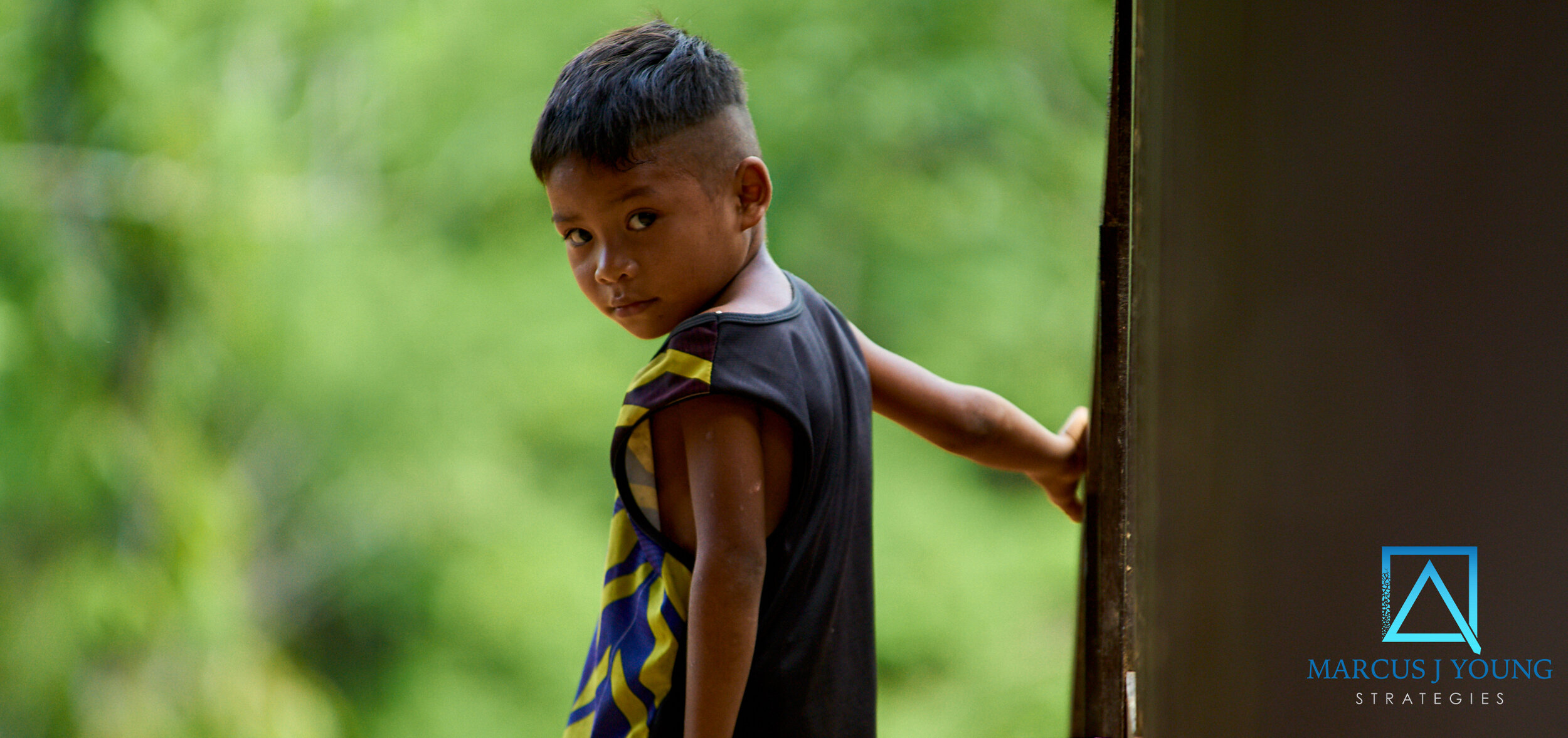In my service with INfire, we have wrestled through a lot of difficult questions. We work in complicated and dynamic conflict environments and we believe a one-size-fits-all approach does not work in this context.
One of those difficult questions is whether or not it is best to keep children in the homes of their families. This is a question I get asked a lot, and it is certainly a question worth asking. Of course, the ideal situation for children is to be with their families. However, in the contexts in which our organization works, that may not always be the case. One factor is that militant groups often recruit among the youth and students in these remote areas, indoctrinating them with extremist ideologies or offering them pay in return for enlisting. In these cases, removing the children from the community can be one of the few options available for keeping them out of violent groups.
In other areas, and perhaps more commonly, local schools only teach the first few years of school. For many students in remote villages, attaining a high-school or even middle-school equivalent education means leaving their village for a larger town. For youth that stay home instead of furthering their studies, soldiering is often the only form of work available.
But for students who choose to leave home for their studies, this presents a new vulnerability: they can fall prey to human traffickers who are well aware of new children in their town who are alone with few connections and little money. In contexts like this, providing a home for children to stay at can result in several benefits:
-
Preventing them from being recruited into extremist militant groups.
-
Preventing them from being recruited by human traffickers.
-
An opportunity to impart to the next generation the concepts of peace, of loving their enemies and of the Gospel. This also creates ambassadors who will bring these concepts back home.
-
An opportunity to create a village’s first generation of educated children, a milestone that will have positive repercussions on a multitude of fronts for generations to come.
In this sort of an environment, we came to the realization that providing homes for children sometimes provides protection and opportunities they would not otherwise have. Examining the broader context makes strategies more effective.
If you or your organization need help wrestling through difficult questions like this I would love to have a conversation with you. If I can’t help, I might be able to connect you with others from our Justice Allies network.
To receive my weekly blog updates in you inbox, sign up in the footer of this page.

